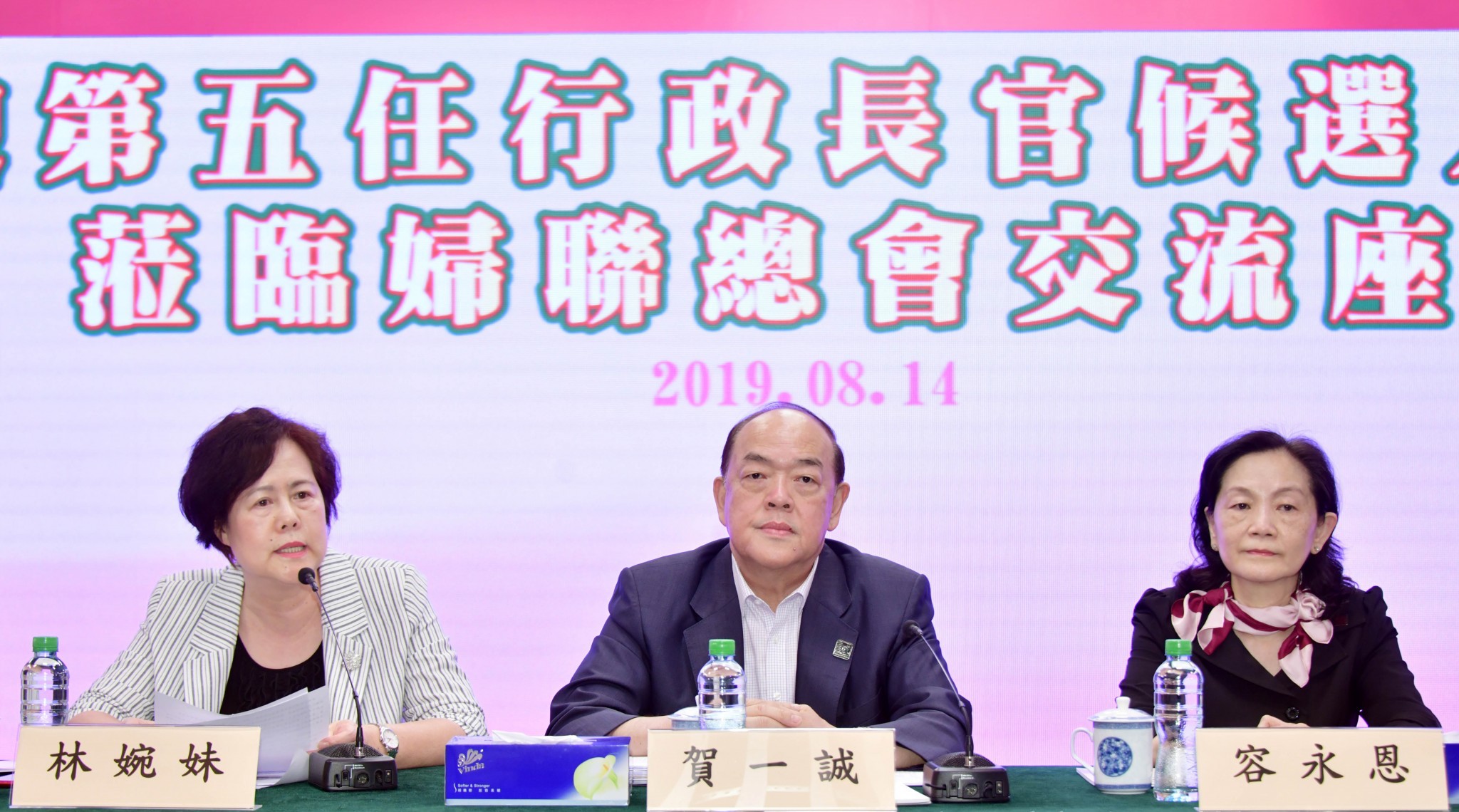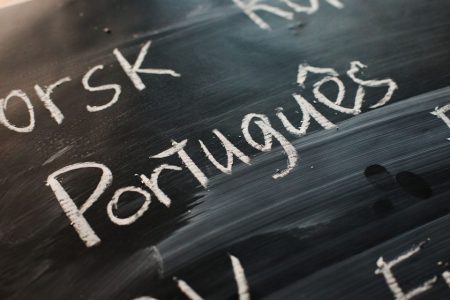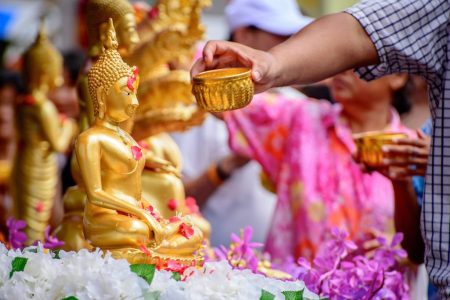Macau’s birth rate is declining and the city is entering the stage of an ageing society, chief executive candidate Ho Iat Seng said on Wednesday, adding that to increase the birth rate is a kind of social responsibility.
Ho attended a Q&A session with representatives from the city’s woman’s association Wednesday afternoon. The meeting at the headquarters of the Women’s General Association of Macau (known in Cantonese as Fu Luen) in Rua do Campo was attended by 250 participants.
Over a dozen participants asked Ho questions during the meeting focusing on issues such as elderly medical care, women’s rights, housing, the birth rate, and public governance.
When asked about the government launching more family-friendly measures with the aim of encouraging women to give birth, Ho noted that delaying marriage is common nowadays, adding that most couples have to work hard in their chosen jobs so some of them would rather have a pet than raise a child.
Ho pointed out: “Many people are working in shifts in the gaming industry, their unstable working hours lead to less time to communicate with their partners. Therefore, not only is the birth rate declining [but] the divorce rate is increasing.”
According to the Statistics and Census Bureau (DSEC), a total of 5,926 live births were recorded last year, a drop of 604 year-on-year. The city’s birth rate was 9 per 1,000. Besides, a total of 3,842 marriage registrations were recorded in 2018, while the number of divorces went up by 65 year-on-year to 1,544.
Ho went on to say that the government’s birth allowance was not the core element to increase the city’s birth rate, “it depends on the couples’ personal preference”. He said: “Macau has a low-tax system, which unlike Western countries does not provide tax incentives and grant its citizens various subsidies to encourage people to have a baby. There is not a lot of room to implement new policies to boost our birth rate.
“The government currently provides free education to pupils and sponsors students to enter local universities. It spends nearly 1.5 million patacas in educational funding on each citizen. However, many couples nowadays focus more on their quality of life than giving birth, while the previous generation viewed having a baby as their social responsibility…Actually, the increase in the birth rate needs everyone to perform their social responsibility,” Ho underlined.
Meanwhile, Ho also said that nursing rooms are being set up in all government offices, adding that society needs to pay more attention to breastfeeding, which would benefit every family and the city’s birth rate.
Gender equality
When a participant asked about women’s rights, Ho noted that the city’s females account for 53 per cent of the total population, while 47 per cent is male. Tongue-in-cheek, Ho said that males nowadays were a “socially vulnerable group” in Macau.
According to the Statistics and Census Bureau (DSEC), Macau’s total population was 672,000 at the end of June.
According to the Macau Post Daily, Ho said that males and females in Macau have the same rights, adding that “a lot of men in Macau always listen to their wives”. He pointed out that one-third of Macau’s deputies to the National People’s Congress (NPC) is female, and there are six female lawmakers in the Macau Legislative Assembly (AL), adding he hoped that the proportion of females in the political sector will be increased in the near future.
There are total 12 Macau deputies to the NPC and 33 lawmakers in the local legislature.
The chief executive election by a 400-member committee will be held on August 25. Ho is the only candidate.




